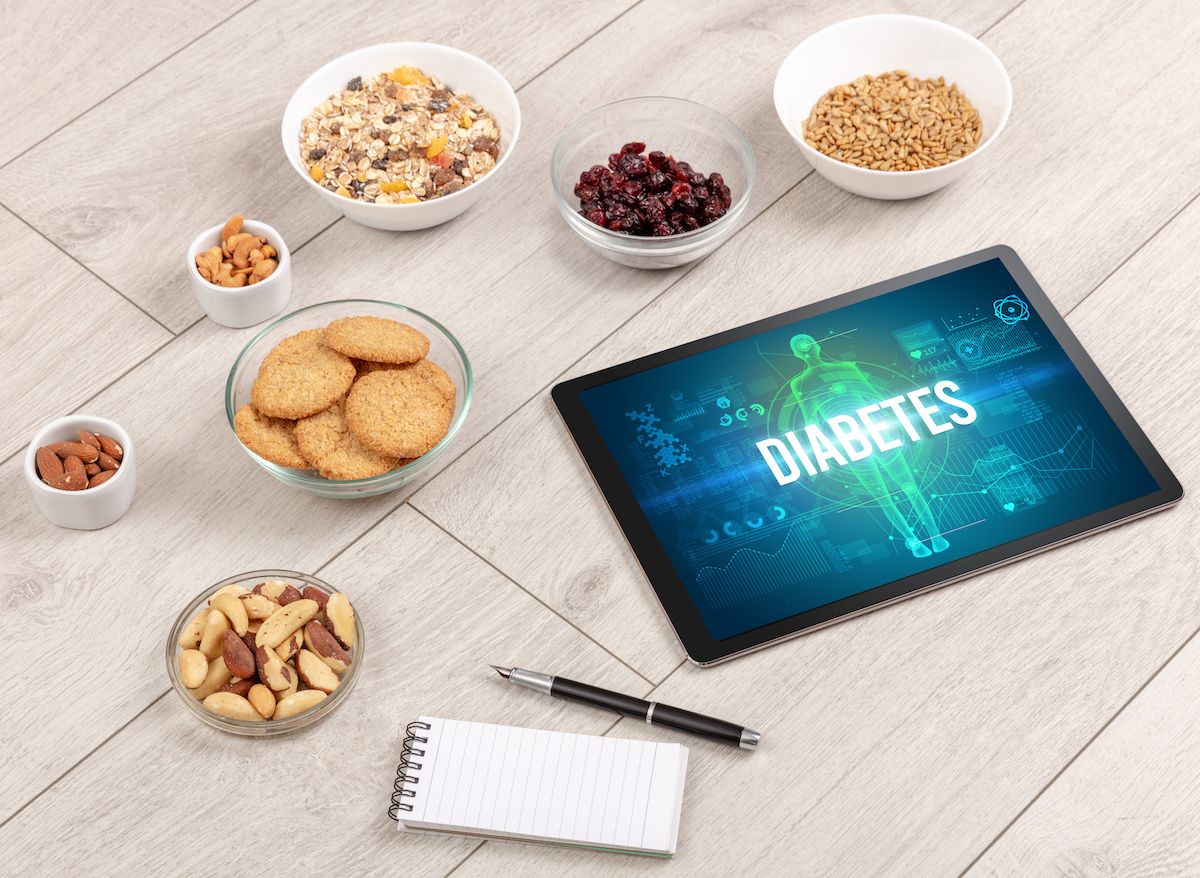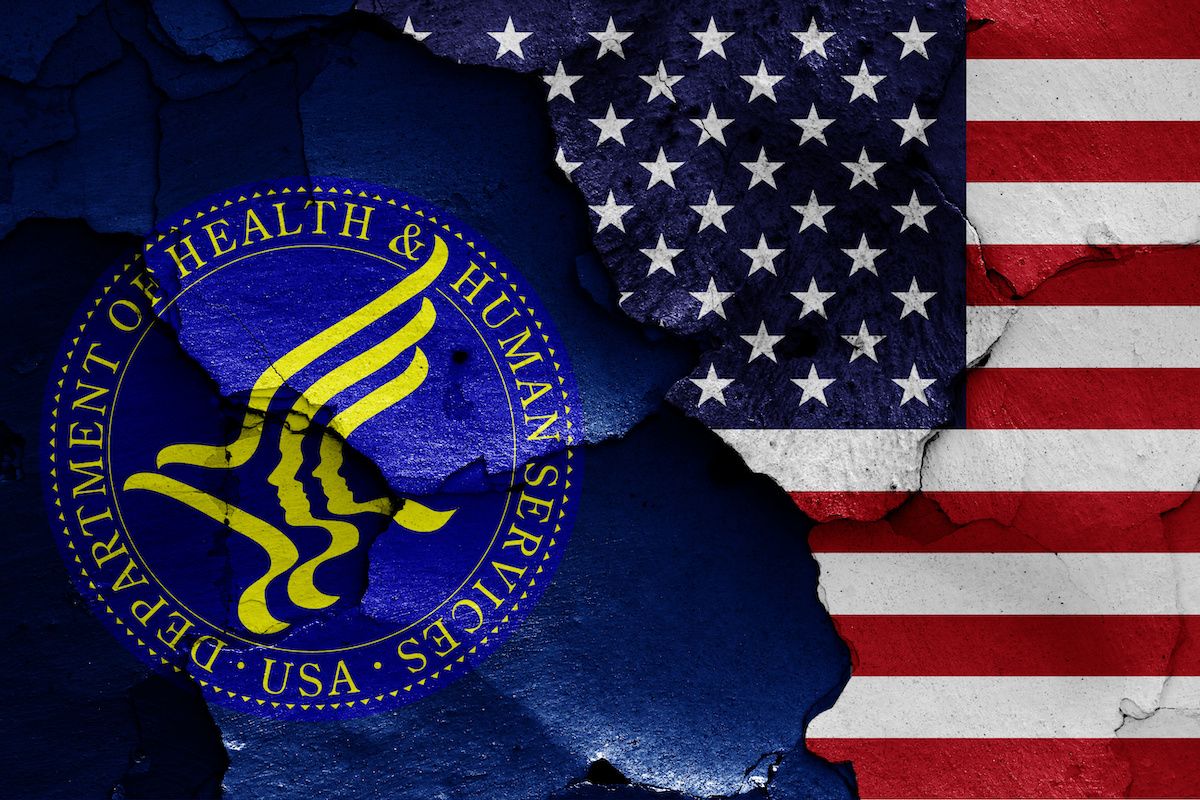Article
Privacy and teaching
I'm an attending physician in a teaching hospital, and one of my patients asked that her case not be discussed during grand rounds or in other instructional settings. Although I did discuss her case, I felt I honored my pledge to her by letting her remain anonymous. Did my actions constitute a breach of patient confidentiality?
Q: I'm an attending physician in a teaching hospital, and one of my patients asked that her case not be discussed during grand rounds or in other instructional settings. Although I did discuss her case, I felt I honored my pledge to her by letting her remain anonymous. Did my actions constitute a breach of patient confidentiality?
A: No. But, in the future, you shouldn't promise a patient anonymity. Under HIPAA, doctors, hospitals, and nursing homes may use private health information for the purposes of treatment, payment, or healthcare operations. In hospital settings, the category "operations" includes case management and quality assurance. In teaching hospitals specifically, it also includes resident and student instruction.
A word of caution: When you use private health information for instructional purposes, the "minimum necessary" rule applies, which requires that you limit the amount of information you use or disclose to whatever is necessary, and no more, to accomplish your task.





